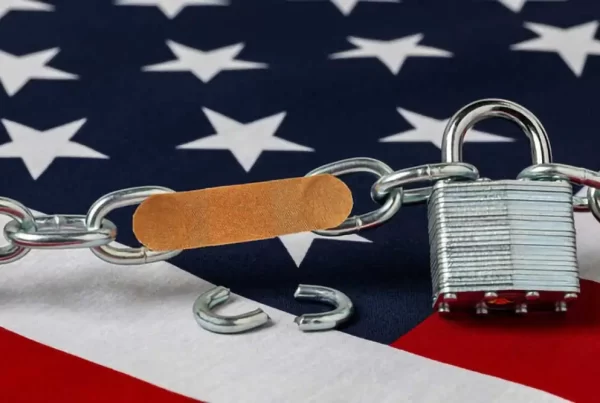In 1990, Congress created the Special Immigrant Juvenile Status. This provision of the law allows minors who are unaccompanied to apply for their own green cards without first having a sponsor. To be eligible for a green card in this category, the person must be under 21 and be unmarried, have been declared a ward of a juvenile court judge which has ruled that the child is eligible for long-term foster care or has placed the child in the custody of a state agency. Also, the juvenile court judge must find that it would not be in the child’s best interests to be returned to their home country. The decision reached by a court regarding the child is final and binding on the USCIS. It’s important to remember that although the child must be found to be eligible for long-term foster care- he or she does not have to be placed in foster care. Many children present in the United States are residing with aunts, uncles, cousins or other relatives. These children do not need to be placed into foster care and can continue to reside with their relatives. One of the major benefits of Special Immigrant Juvenile status is that the child does not have to return to his or her home country in order to obtain their green card. In many cases, the children are not even interviewed by USCIS and receive their approval notices or green cards by mail less than a year after filing.
There are over half a million children in the US foster care system right now. Many of them are undocumented and are immediately eligible for SIJS status. Having lawful permanent resident status would give these children the ability to enter third level education; obtain drivers licenses and work legally in the United States. By failing to recognize their eligibility and take the appropriate steps to obtain status for them- states are sentencing them to a life in the shadows of society.




